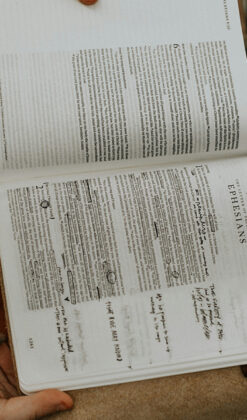The following post is the opening paragraphs of my forthcoming book, Go: Returning Discipleship to the Front Lines of Faith, hich is due to release on September 15th.
He was an unmarried peasant who was executed by the state for treason. Many of his friends were criminals, sinners, thugs, and misfits. Few of them were religious. He got kicked out his home church (or synagogue) after saying things that offended the status quo. He spent most of his time with drunks, gluttons, fornicators, and thieves. He was so close to “sinners” that the religious leaders thought he was one. And nearly everything he said and did made religious people mad. Like when he told them to turn the other cheek, love their enemies, and give their money to the poor.
Jesus—the Jewish prophet-king from Nazareth—was dangerous. He wasn’t tame. He wasn’t predictable. He wasn’t safe.
Even though he befriended immoral people, he upheld a moral standard that was so impossible to obey that he walked out of a grave for us to attain it. He wasn’t very sensitive to those seeking to follow him. He never eased anyone into the kingdom or said things that people wanted to hear. Jesus was a hard-hitting, enemy-loving, harlot-embracing, wild-eyed Messiah, who resisted doing things the way we’ve always done them. The biblical Jesus hits us between the eyes with truth and embraces us with tears when we disobey that truth. Jesus demanded that “if anyone would come after me”—that is, become a disciple—“let him deny himself and take up his cross daily and follow me” (Luke 9:23). As Dietrich Bonheoffer used to say, “When Jesus calls a man, he bids him come and die.”
In this book we will explore what it means to become like Jesus, which means it’s a book about discipleship. When we talk about “becoming more like Jesus” we’ve got to slam our clichés on the operating table and dissect them to see if they’re biblical. And this book is going to serve as the surgeon. When we talk about discipleship and becoming more Christ-like, we’ve got to keep asking: What does it mean to become like Jesus?
The Moral Jesus of Therapeutic Deism
As we’ll see, discipleship means becoming more like Jesus. This doesn’t necessarily mean we should sell our homes and walk around the streets as homeless peasants. But I do think we need to take a fresh look at the scandalous nature of becoming Christ-like.
If I can be completely honest, I’ve never had a huge desire to write a book about discipleship (don’t tell my publisher). I just figured that all the pastors and churches in America are doing a pretty good job. And if it ain’t broke, why write a book about it?
But then I read the recent Barna study The State of Discipleship, and my desire to write this book was ignited. In 2014, the international outreach ministry The Navigators commissioned The Barna Group, a Christian research firm, to perform an extensive survey of adult Christians, Christian scholars and influencers, and ministry and church leaders about their understanding and practice of discipleship. Some of the results of that study were informative; others were encouraging. But many of the results were depressing. We’ll unpack some of the depressing details in due time, but to sum it up: The American church is not doing very well at discipling its people. Which is a bit problem since discipleship means becoming like Christ.
The State of Discipleship revealed that our methods of making disciples are broken. Whatever we’re doing, it’s not working. Few churches and Christian leaders are effectively helping people become more like Jesus. Reading the results of that study really fired me up to want to write this book. Once I realized that our methods of making disciples have proved ineffective, that’s when I decided to peek behind the curtain to see what was going on.












